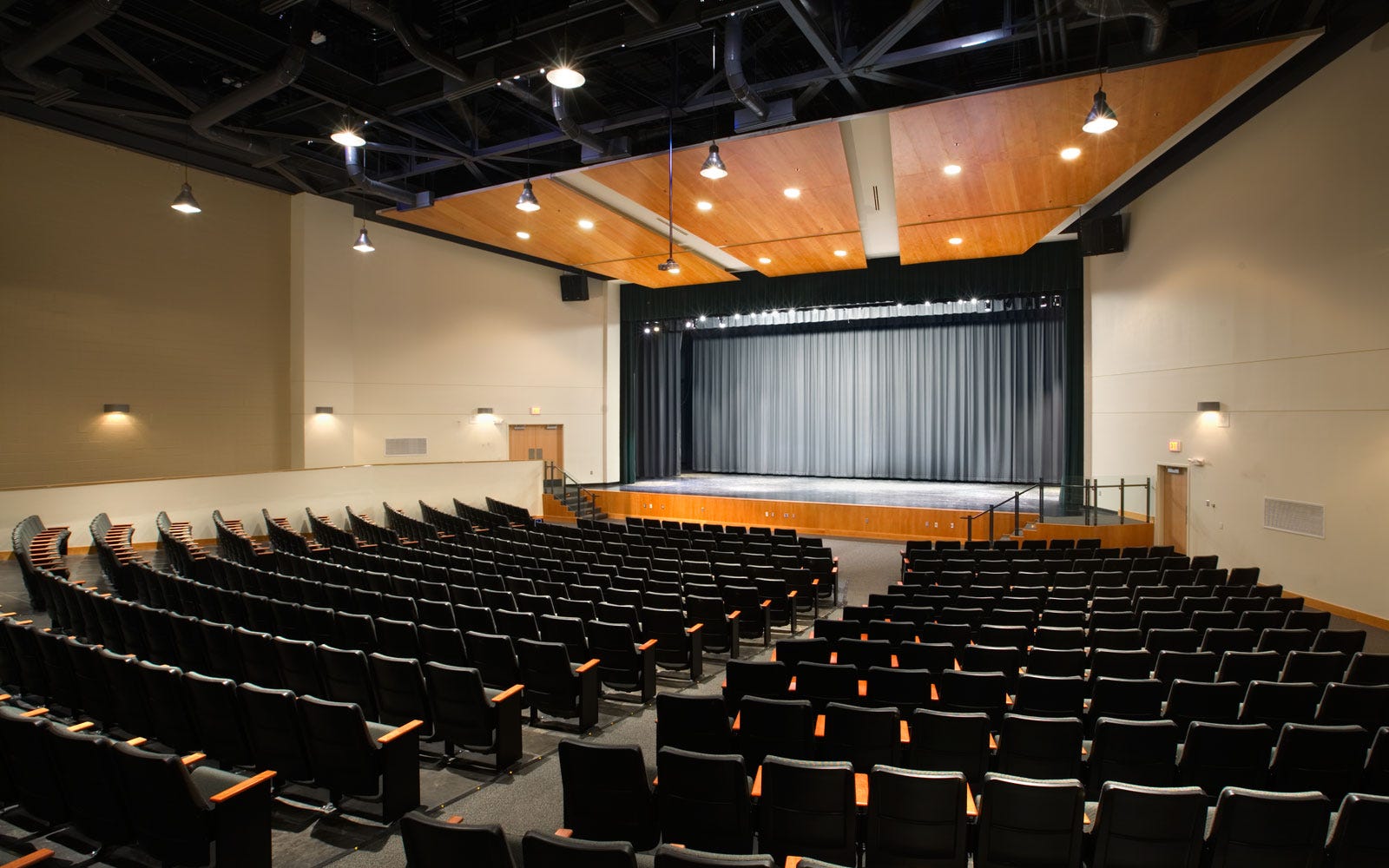
High school theater is not just an extracurricular activity; it’s a vibrant, immersive experience that provides students with a unique blend of creative expression, teamwork and personal growth. Through the magical world of theater, students explore the realms of drama, comedy, musicals and more, discovering their talents and forging lasting friendships along the way.
Table of Contents
A Foundation for Educational Growth
High school theater programs go beyond teaching students how to act. They encompass a broad curriculum that includes script analysis, character development, vocal training and the study of theater history and literature. These programs encourage critical thinking, as students learn to interpret texts, understand character motivations and appreciate the cultural and historical contexts of plays and musicals.
The Impact of Set-Building
An often overlooked but essential component of high school theater is set-building. This aspect of theater production offers students a unique opportunity to contribute creatively and technically to the show. Set-building involves designing, constructing and decorating the physical environment of the play, which requires a blend of artistic vision and practical skills.
Through set-building, students learn about architectural principles, carpentry, painting techniques and the importance of attention to detail. They learn to work with a variety of materials, including gaffer tape, foam, various types of wood and paints. It’s a hands-on experience that fosters problem-solving skills, as students must figure out how to turn their creative ideas into tangible realities within the constraints of time, space and budget. Set-building also promotes teamwork, as it requires a coordinated effort to bring the design from concept to completion.
Character Development and Emotional Intelligence
Participation in theater has profound effects on personal development. Students learn the importance of discipline, commitment and responsibility, as producing a play requires dedication and hard work. They develop empathy and emotional intelligence by stepping into the shoes of diverse characters, understanding different perspectives and expressing complex emotions.
The collaborative nature of theater fosters a sense of community and teamwork. Cast and crew members must work closely together, relying on one another to ensure the success of the production. This environment nurtures communication skills, leadership and the ability to work effectively in a team, preparing students for success in any future career path.
A Platform for Self-Expression and Confidence Building
High school theater provides a safe and supportive space for students to express themselves creatively. For many, the stage becomes a place where they can voice their ideas, explore their identity and challenge societal norms. The act of performing in front of an audience also builds confidence and public speaking skills, as students learn to overcome nerves and communicate effectively.
Community Engagement and Support
High school theater productions often draw significant attention and support from the local community. These events bring together students, teachers, families and community members, fostering a sense of pride and unity. For many schools, the theater program becomes a hub of cultural and social activity, showcasing the talents of young performers and creators while providing entertainment and inspiration to audiences.
High school theater is a rich and dynamic field that offers more than just entertainment. It serves as a powerful educational tool, facilitating learning, personal growth and community engagement. Through acting, set-building and numerous other facets of production, students gain invaluable skills and experiences that shape their character and prepare them for the future. In high school theater, every student has the opportunity to shine, whether in the spotlight or behind the scenes, contributing to the creation of art that entertains, educates and inspires.